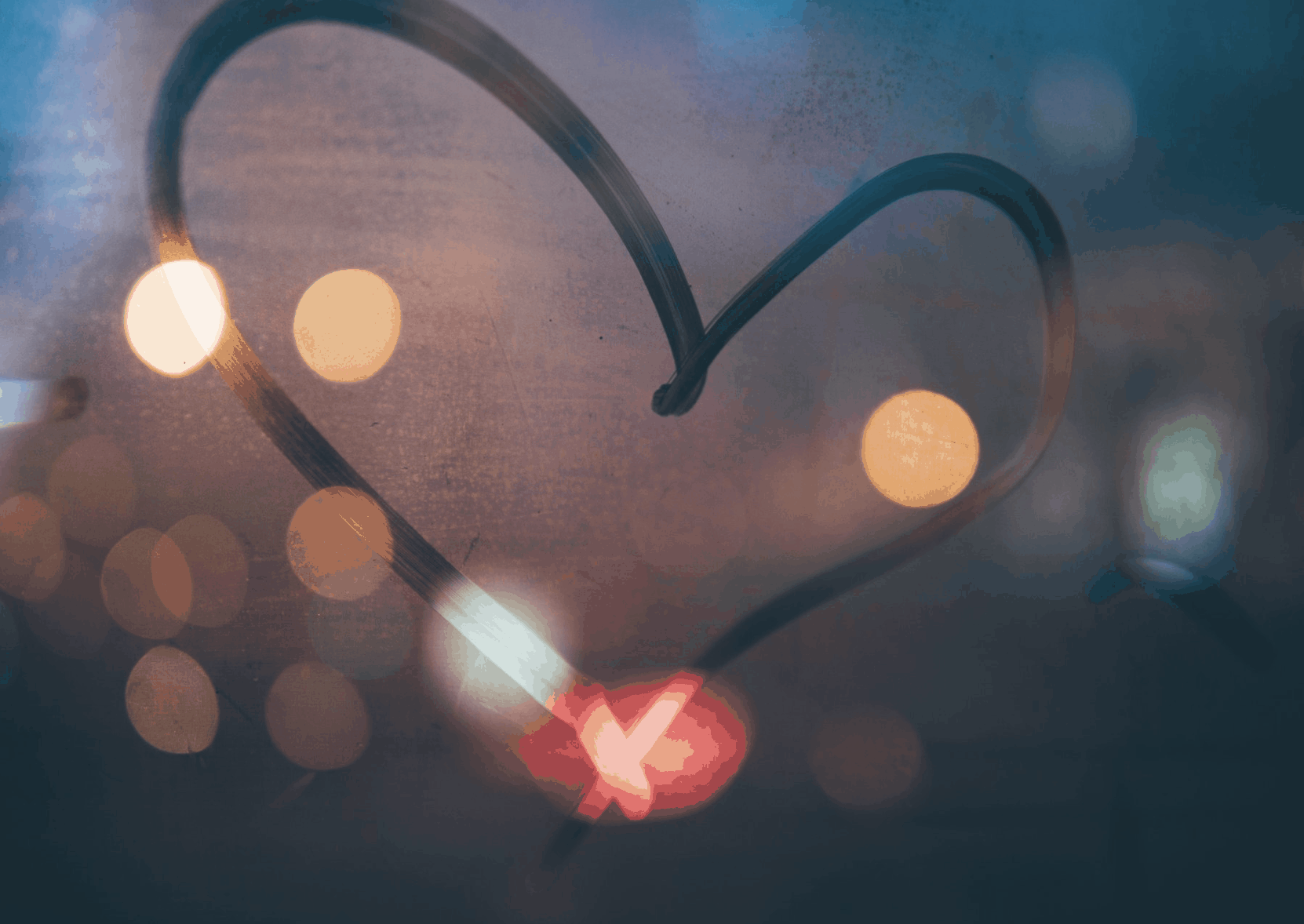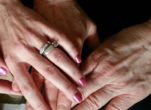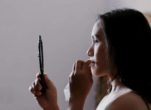
A Stroke of Love
When I was just 11, my mother had major surgery for a life-threatening illness. As my father ushered my siblings and me into the nursing-home room, we saw our mother attached to a myriad of tubes. Our young minds tried to take in what was happening. My youngest brother began to cry. I wished she would die.
In April of this year, my mother suffered a stroke. As I walked into her hospital room, I noticed the one IV tube inserted into her arm. She looked fine. The shock was her inability to focus, to speak coherently, to demonstrate that she was understanding my words. My heart ached. It ached more than I could bear.
During the intervening years between that surgery and her stroke, I have tried to come to terms with the pain my mother caused me in my childhood. Emotional abuse, unseen and difficult to quantify, leaves a wound — a wound so deep that one wonders whether it can ever be healed. The scab of that wound is ever ripe for the picking and the words of anger, intimidation, and humiliation thrown at it are like birds pecking at a dying insect fighting for life.
Hallmark will have us believe that a mother’s love is the most perfect, most unconditional love that can be experienced — by both mother and child. If, like me, you’ve spent hours searching for the right birthday or Mother’s Day card, one that doesn’t gush with fake sentimentality, reflecting a love you can hardly feel — you know that a mother’s love doesn’t always pass the Hallmark entrance exam.
Ugly, a book by Constance Briscoe, is the retelling of the childhood abuse she suffered at the hands of her mother. Ugly resonated with me, because that awful word had been spat at me many times, producing a lifetime of wondering whether I was ever good enough — for anything.
A determination to heal the deep hurt fueled a desire to be strong—strong enough to not feel the pain. Nonchalance can be easily misinterpreted as personal strength. It’s not. Attempting to suppress any feeling brings you to the realization that the lack of feeling is a large ingredient in the peculiar mix of traits that allows a person to abuse others. A desire to be strong and impervious to pain can bring us close to reflecting the behavior of our abuser.
I eventually came to realize that I needed to confront the F word. It is said that in forgiving others, we do ourselves the biggest favor. Trite, but true. I learned that in order to forgive, we need to understand. A sad truth is that it is hurt people who hurt people. In learning to understand my mother’s behavior, I came to hold compassion for the things she experienced. I came to understand that she was a victim of circumstances beyond her control, thrown into a life not of her choosing, when cultural norms dictated that her wishes did not matter.
She was married at the age of 15, to a stranger. She knew nothing of sex. Child abuse? Rape? The words that aptly describe what she experienced are difficult for me to contemplate. She bore children whom she felt incapable of nurturing. I have come to hold compassion for her wish to abort me, the unknown daughter that would come after three boys. I have come to understand that motherhood is not something that could be thrust on a woman. A woman must be ready and willing to accept that role. I have come to appreciate that when my mother calls me “selfish” for not having children myself, she may in fact be masking her envy of an independence and freedom of choice that she never enjoyed.
I came to understand these things before my mother’s stroke. I see now that it was ample preparation for a further understanding — that I do, in fact, love this woman who could never give me love. I hold immense compassion for the things she endured, including the things that I may never know. I hold great admiration for her resilience, as she recuperated from her stroke much faster than her doctors anticipated. I wonder now at the many things that resilience may have helped her survive.
The journey to this understanding has been life-long, and never easy. But it has been liberating. As our parents age, we are forced to accept their (and indeed, our own) mortality. I am grateful that I have come to this understanding and acceptance during my mother’s lifetime. I am grateful that I can accept that a mother’s love is something I may never know. And I am grateful that through my mother’s stroke, I came to know that I am capable of the love for which I have always yearned.
Previously Published: https://medium.com/










0 comments to "A Stroke of Love"